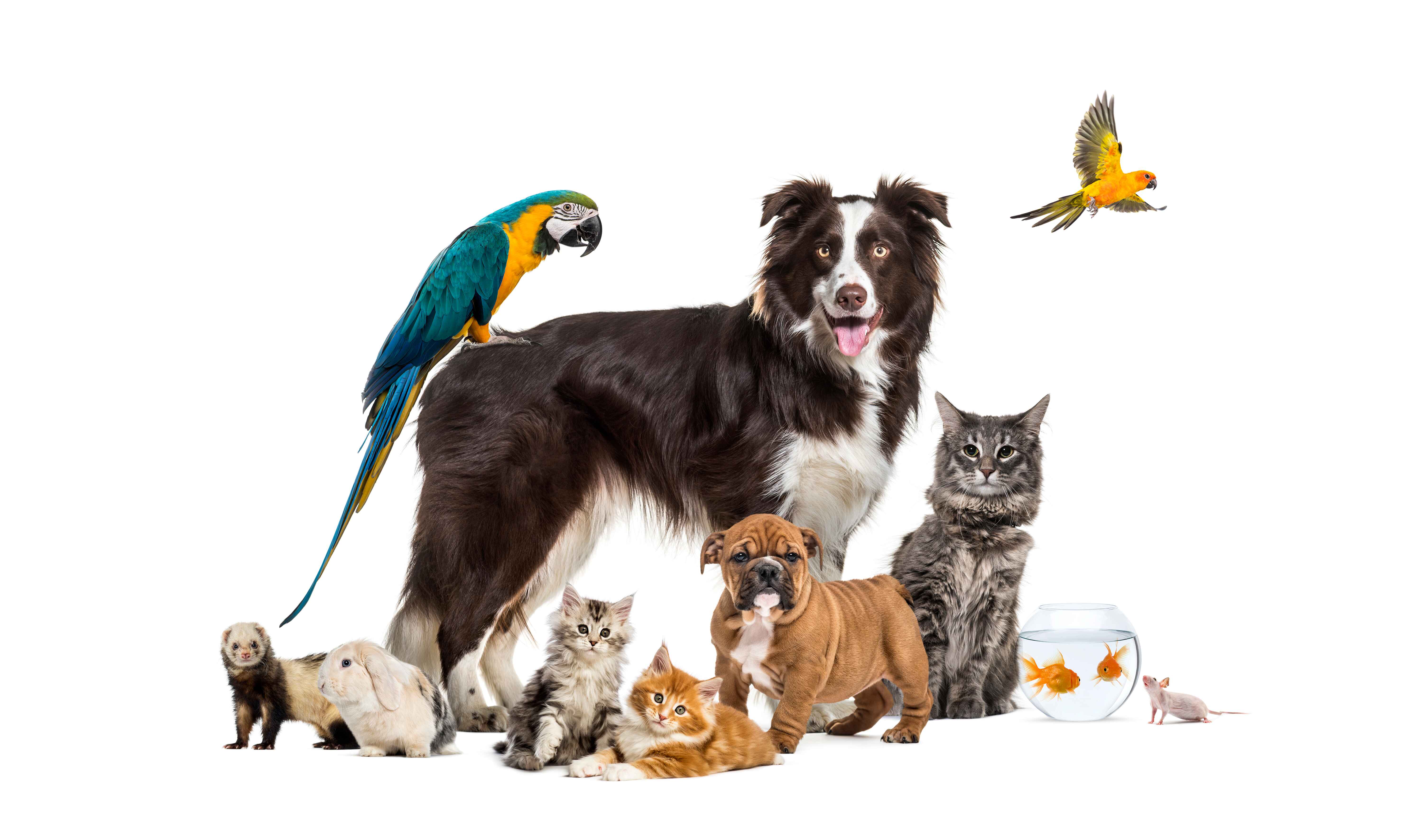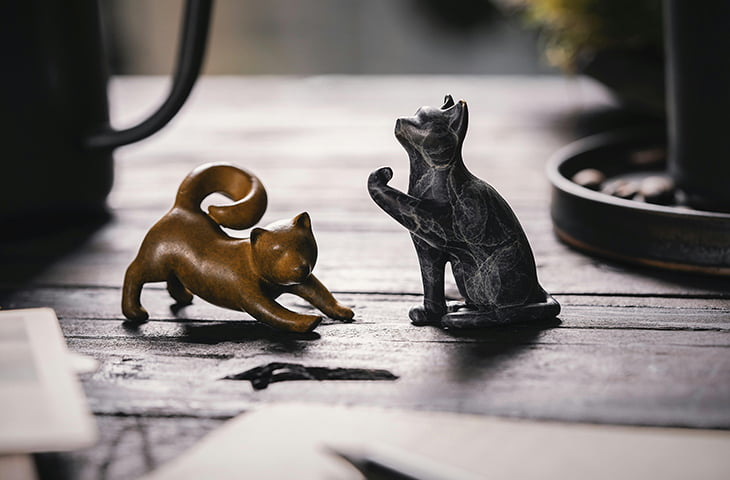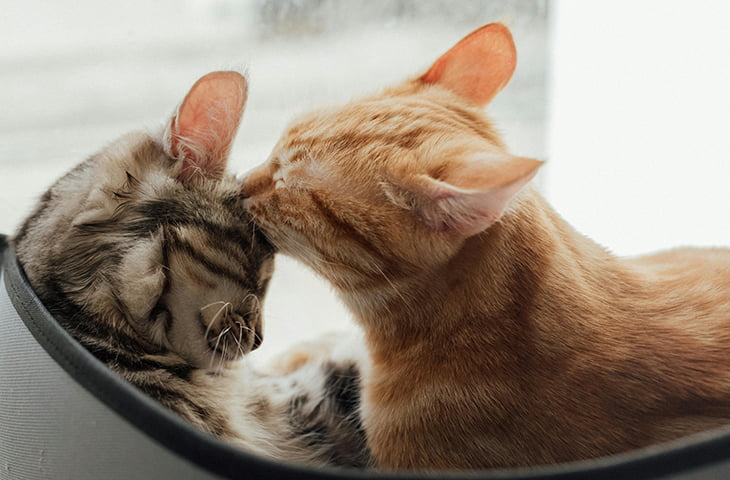12 Fascinating Facts About The World's Smallest Dog Breed

12.08 BW Nonlead
https://www.barkandwhiskers.com/2015-10-16-nl-chihuahua/
https://www.barkandwhiskers.com/p/73a94f4d-4fc6-498f-a88f-1dc8bd0fdf81/
By Dr. Becker
The Chihuahua is the smallest dog breed in the world. Unfortunately, some breeders are creating Chihuahuas so tiny their health is severely compromised.
Chis tend to be one-person dogs who are fiercely loyal to their human.
Chihuahuas are one of the longest-lived breeds, despite their genetic predisposition to several health problems.
Chis are active, fun-loving little dogs that need daily exercise and close supervision both indoors and outside.
If you're thinking of adding a Chihuahua to your family, be sure to check your local shelters and rescue organizations for adoptable dogs.
The Chihuahua Is the Smallest Dog Breed in the World
Even well-bred, healthy Chihuahuas are quite small, with average-size adults weighing just 4 to 6 pounds and standing a mere 6 to 10 inches high.
Unfortunately, many disreputable people interested primarily in making money off their dogs deliberately breed Chis that will only weigh 1 to 2 pounds as adults. These dogs are advertised as "miniature" or "teacup," and while they may look adorable, they are typically very frail. Their bones are exceedingly thin and prone to sprains and breaks.
Too-small Chihuahuas are also at greater risk for tracheal collapse, food intolerances, failure to thrive, and several other disorders.
Chihuahuas Also Have One of the Longest Lifespans of All Dog Breeds
Not only are Chis the smallest of all dog breeds, but they also outlive most of them. The average lifespan of a Chihuahua is 12 to 20 years, in part because of his small size (giant breed dogs have the shortest lifespans), and also thanks to his relatively good health compared to other breeds.
Chihuahuas Are Named After Chihuahua, Mexico
Chihuahua is the largest northern state in Mexico, where the breed is called the chihuahueño.
In the late 1800s, US travelers to Mexico discovered the breed and brought some of the dogs back to the states.
Before they became known as Chihuahuas, members of the breed that were discovered along the US border with Mexico were called Arizona or Texas dogs.
The Chihuahua's History Is a Bit Of a Mystery
The most common theory about the origins of the breed is that Chihuahuas are descendants of the Techichi, a companion dog kept by the Toltec civilization in Mexico.
It is speculated that earlier ancestors of the breed were present prior to the Mayans, because depictions of dogs very similar to the Chihuahua have been unearthed at the Great Pyramid of Cholula that predates 1530, and at the ruins of Chichen Itza on the Yucatan Peninsula as well.
The Chihuahua has been consistently popular in the US since its arrival and was first recognized by the American Kennel Club in 1904.
Chihuahuas Can Be Either Smooth- or Long-Coated
Rumor has it that long-coated Chis may have been created by crossing Chihuahuas with Yorkshire Terriers. Unlike many long-haired breeds, long-coated Chis require minimal grooming. In addition, dogs with a long coat typically shed less than smooth-coated Chihuahuas. It can take 3+ years before a full long-haired coat develops.
The AKC lists over 40 different coat colors and markings in Chihuahuas, including black, black-and-tan, white, cream, chocolate, and red. In fact, Chis come in a wider variety of coat colors than any other breed.
Chihuahuas Are One-Person Dogs and Prefer Other Chis as Friends
As with most dogs, a Chihuahua owner's temperament greatly influences his or her pet's temperament.
Chis tend to be one-person dogs who develop a fierce loyalty to one family member. This can lead to over-protectiveness, especially when other people and pets are around. For this reason, Chihuahuas aren't considered a good choice for homes with small children.
Chis are reported to be "clannish," preferring the company of Chihuahuas or Chihuahua mixes to other dog breeds.
Chihuahuas Are Not Cold-Weather Dogs
Chihuahuas tend to shiver or tremble when stressed, excited, or cold. The smooth-coated variety, in particular, doesn't tolerate cold well and may need a sweater during the cooler months of the year.
Expect to find your little heat-seeking guy or girl napping in a sunny spot, under a blanket, curled up in a tight ball, or on your lap.
Chihuahuas are also true den dwellers and will often burrow into pillows, clothes hampers, and blankets. This is an ideal dog to crate-train, as she will view her own private "den" as a place of warmth, comfort, and safety.
Many Chihuahuas Have a Soft Spot in Their Skulls
These soft spots are called moleras (an open fontanelle), and Chis are the only breed born with an incomplete skull. It isn't a birth defect, but rather a normal adaptation that helps the puppy pass through the birth canal.
Chihuahuas with rounder heads more often have moleras, but the soft spots are present in almost all Chi puppies. The molera normally closes by the time a puppy is 6 months old, but some never close completely. Occasionally, a molera is mistaken for hydrocephalus ("water on the brain").
Chihuahuas Are Predisposed to Certain Health Problems
All dog breeds are prone to certain disorders and diseases, and Chihuahuas are no exception. Commonly seen conditions in Chis include hypoglycemia (low blood sugar), eye problems, collapsed trachea, dental issues, luxating patella (floating kneecap), and heart-related disorders.
Chihuahuas May Be Small in Size, but They Have Big Personalities
A Chi's first love is to be close to his person. These little dogs also tend to be busy and fun loving, and will happily (though often nervously) accompany their owners wherever they go. They need at least 20 to 30 minutes of exercise each day.
Chihuahuas are affectionate, smart, and fast learners. You'll find them competing in agility and obedience events just like the big dogs. As with any dog, positive reinforcement behavior training is the way to get the best out of your little Chi.
Chihuahuas Are Much Easier to Lose Than Other Breeds
It's important to always remember that your Chi is a very small dog who is naturally curious and may go on solo "adventures" given the chance. Chihuahuas have escaped from even the most secure yards and enclosures through impossibly small gaps in or under fencing.
Chihuahuas are also frequently stepped on or played with too roughly, causing injury, so everyone in the household must remain vigilant.
These dogs often don't realize how small they are, and will take on even very large, aggressive dogs. It's also important to protect your Chi from potential predators like coyotes and birds of prey.
Animal Shelters in Some Areas of the US Are Loaded with Chihuahuas
Sadly, Chihuahuas seem to be a popular choice of people who aren't committed to sterilizing their dogs and/or who breed them for profit. Consequently, in some areas of the US, particularly the western states, shelters are filled with homeless Chihuahuas.
If you're thinking of adding a Chi to your family, I hope you'll check your local shelters and rescue organizations first, as well as Petfinder. There are hundreds and perhaps even thousands of these little dogs looking for homes, and when you adopt a homeless Chihuahua, you help put backyard and puppy mill breeders out of business.
Related Articles:
 These Clever Names Have Been a Hit with Adoptive Pet Parents
These Clever Names Have Been a Hit with Adoptive Pet Parents Ad Campaigns Depicting Shelter Pets as “Damaged Goods” Are Misleading
Ad Campaigns Depicting Shelter Pets as “Damaged Goods” Are Misleading

